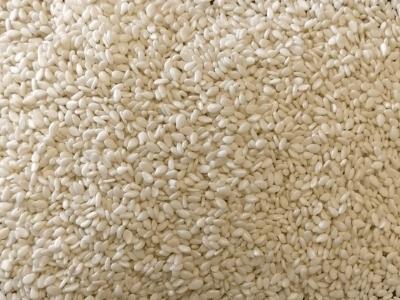The Nutrient-Rich Seed: Exploring the Benefits and Versatility of Sesame Seeds
Sesame seeds are tiny, oil-rich seeds that come from the sesame plant (Sesamum indicum). They are one of the oldest known oilseed crops, dating back thousands of years and originating from Africa and India. Today, sesame seeds are widely cultivated and used in many different cuisines around the world.
Sesame seeds are small and flat, with a light beige or white color. They are often used as a garnish or ingredient in a variety of dishes, including bread, crackers, sushi, and salads. Sesame seeds can be eaten raw or toasted, and are commonly used to make tahini, a paste used in many Middle Eastern and Mediterranean dishes.
Sesame seeds are rich in nutrients, including protein, fiber, and a range of vitamins and minerals. They are also a good source of healthy fats, including omega-6 fatty acids. Sesame seeds contain antioxidants, which help to protect against oxidative damage in the body.
Sesame seeds are often used in traditional medicine practices, and have been linked to a range of potential health benefits. For example, some studies suggest that sesame seeds may help to reduce inflammation, lower cholesterol levels, and improve heart health. Sesame seeds may also have anticancer properties, and could be useful in preventing or treating certain types of cancer.
In conclusion, sesame seeds are a small but nutrient-rich food that have been used in many different cuisines for thousands of years. They are a good source of protein, healthy fats, and a range of vitamins and minerals, and may offer a variety of health benefits. Whether eaten raw, toasted, or used to make tahini or other dishes, sesame seeds are a versatile and tasty addition to many types of cuisine.

